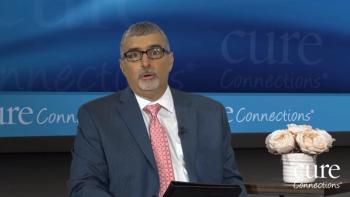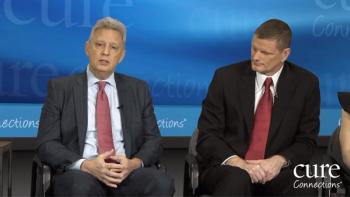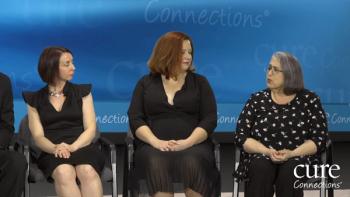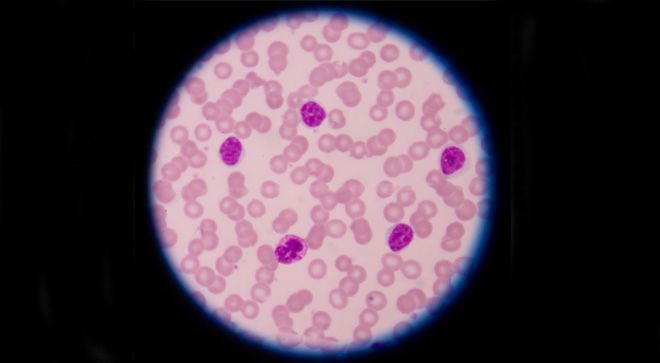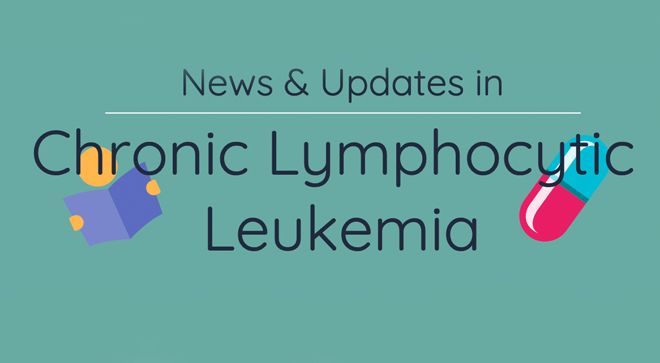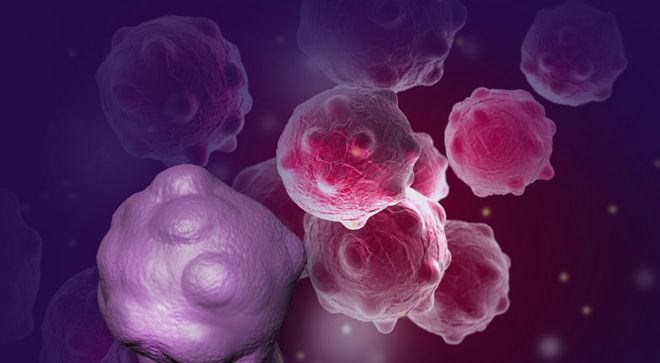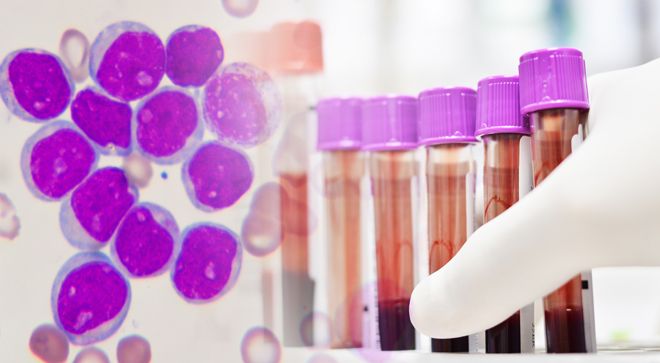
CLL
Latest News
Latest Videos

More News

Results from an early-phase trial showed that cirmtuzumab plus Imbruvica is safe and efficacious in treating patients with relapsed/refractory MCL and CLL.

In the first installment of CURE®’s inaugural webinar series, “Hear from the Experts: COVID-19 & Cancer Care for Patients,” Dr. Farukh Awan addressed concerns about the possibility of developing COVID-19 or any infection after a stem cell transplant to treat a blood cancer.
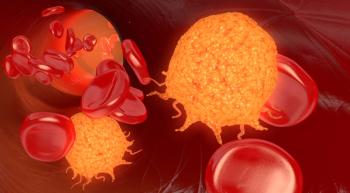
In the first installment of CURE®’s inaugural webinar series, “Hear from the Experts: COVID-19 & Cancer Care for Patients,” Drs. Zainab Shahid, Farukh Awan and Ian Flinn addressed clinical trials that are underway to assess therapeutic approaches to COVID-19, including what role BTK inhibitors might play in treating the virus.

In the first installment of CURE®’s inaugural webinar series, “Hear from the Experts: COVID-19 & Cancer Care for Patients”, Dr. Lee Greenberger addresses steps that the Leukemia and Lymphoma Society have taken to help patients with blood cancer during the COVID-19 pandemic.
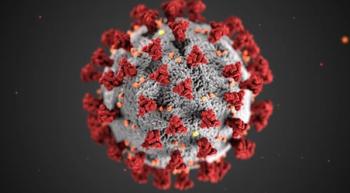
In the first installment of CURE®’s inaugural webinar series, “Hear from the Experts: COVID-19 & Cancer Care for Patients,” Drs. Ian Flinn and Farrukh Awan addressed what patients with blood cancers could do to help boost their immune systems to help prevent infections such as COVID-19, and the risk for patients who are several years removed from receiving a stem cell transplant.

Understanding chronic lymphocytic leukemia.

In the first installment of CURE®’s inaugural webinar series, “Hear from the Experts: COVID-19 & Cancer Care for Patients”, Dr. Ian Flinn and Dr. Saad Usmani how the new coronavirus has affected stem cell transplantations as well as the management of chronic lymphocytic leukemia and myeloma clinical trials.

International Nonprofit Provides 126K+ Swabs Globally to Help Fight Virus

In the first installment of CURE®’s inaugural webinar series, “Hear from the Experts: COVID-19 & Cancer Care for Patients”, Dr. Farukh Awan addresses how the new coronavirus has impacted patient care for those diagnosed with chronic lymphocytic leukemia and myeloma.

Patients with chronic lymphocytic leukemia are at risk for the worst of COVID-19 symptoms, but going on the cancer journey has prepared them for the pandemic.

Social distancing measures are keeping people apart, but that hasn't stopped some patients with CLL from finding a new sense of community.

The COVID-19 Pandemic has changed immediate treatment for patients with chronic lymphocytic leukemia, but it is also impacting the clinical trials looking to improve the future treatment for these patients.

Dr. Richard Pazdur, director of the Food and Drug Administration’s Oncology Center of Excellence, has noted that the agency is committed to expediting oncology drug development despite the challenges posed by the COVID-19 pandemic.

The Food and Drug Administration, under its global Project Orbis, approved the combination of Imbruvica and Rituxan for patients with CLL and SLL.
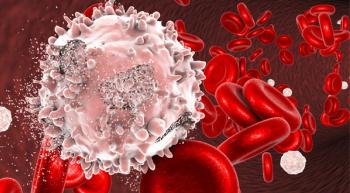
Calquence (acalabrutinib) may be a safe and effective treatment option for patients with relapsed or refractory chronic lymphocytic leukemia, according to the updated phase 2 results of an ongoing study.
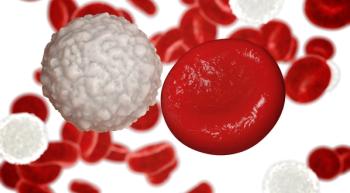
First validated prognostic score offers valuable insights for patients with chronic lymphocytic leukemia who are prescribed active surveillance.

Bruton tyrosine kinase (BTK) inhibitors and other new drugs are improving outcomes for patients with CLL.

The COVID-19 pandemic's impact is being felt all throughout the cancer community, and experts from the CLL Society hosted a webinar to discuss the specific impacts of the pandemic on patients with chronic lymphocytic leukemia.
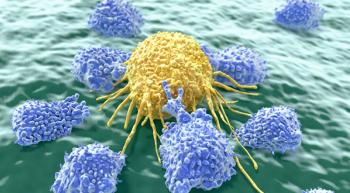
Patients with relapsed or refractory CD19-positive cancers experienced complete responses with no major side effects following treatment with CAR-NK cell therapy.

Newer medications that displace chemotherapy aim directly at mutations in the Bruton tyrosine kinase gene and help patients with CLL live longer.
